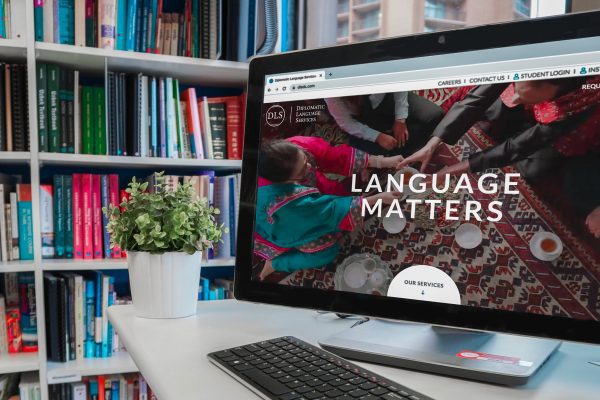HiNative is DLS App of the Month! Often when we talk about language-learning mobile apps, we’re discussing applications that are sophisticated flashcards. That is, the apps prompt us to memorize predetermined letters, words, and phrases. Sometimes they present information on grammar and culture too. What would it look like to have an app that was based on a different model entirely? This week, we explore a language-learning mobile application based on social networking: HiNative.
HiNative is an application that enables learners to engage with native speakers from around the world to learn language and culture. Learners post questions for native speakers to answer. Questions can range from inquiries about translation, grammar, and pronunciation to musings on culture and travel. Although a learner can ask a question in whatever format he or she chooses, HiNative provides templates to help people frame their thoughts:
How do you say __ in __?
Does this sound natural?
Please show me example sentences with __.
What does __ mean?
What’s the difference between __ and __?
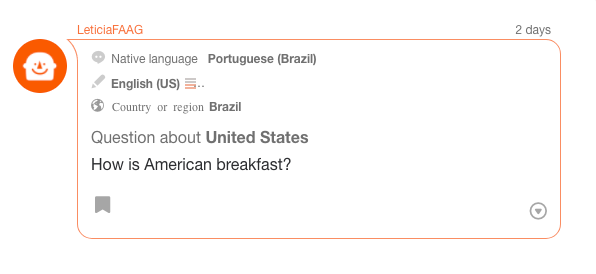
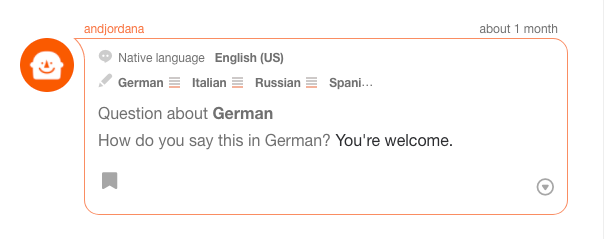
This means the learner controls his or her learning: he or she decides what question to ask (i.e. what he or she wants to learn). This contrasts with the flashcard model wherein a learner may have some choice, but ultimately the software determines the course of study.
On HiNative, people can earn quick and quality points for providing fast and helpful answers to questions. The goal is to answer within 60 minutes and earn “likes” from members to boost one’s standing. Thus, the app builds in motivation for people to serve the community.
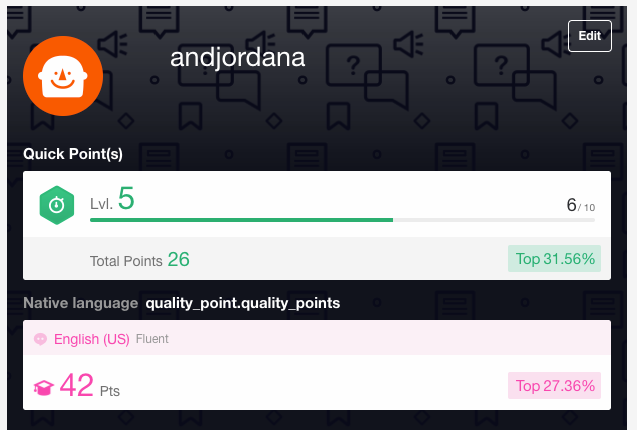
Those who post questions about language and culture are not necessarily the only learners. In reality, the discussions are where learning happens, so everyone in the app, native speakers and newbies alike, has the potential to be a student. Each learner builds his or her own understanding after being exposed to many perspectives. Thus, there are no teachers in the traditional sense with the final word on “right” and “wrong” answers.
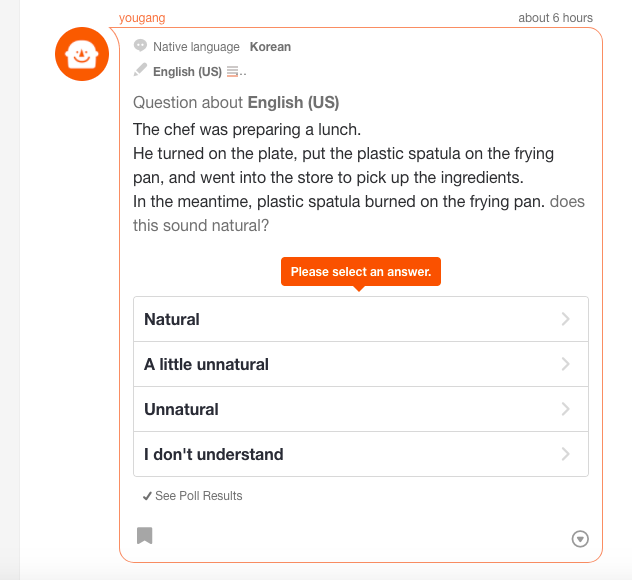
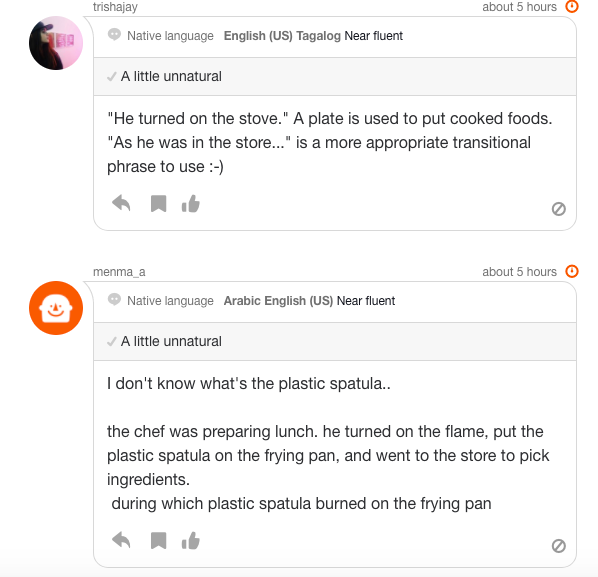
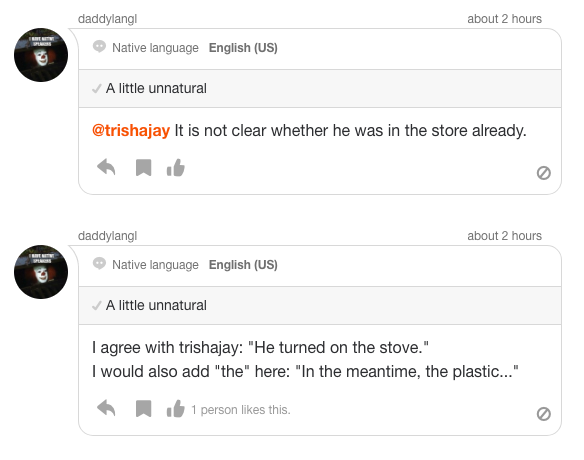
Representing Knowledge
Lastly, there are multiple ways to represent knowledge. Specifically, in addition to using words, people can take pictures and record sounds to ask and answer questions.
As with most things, there are areas for improvement. For one thing, HiNative needs a way to strengthen relationships among users. In other words, the developers must provide a way for members to a friend, follow, and request information from each other. There also needs to be a way to search the repository of previously-asked questions. That said, apps built on social networking like HiNative remind us of the power of leveraging technology and collaboration to learn a language, and it is important to incorporate these qualities as we design curriculum and teach.


